TPO - Having achieved 9.0 IELTS after 4 attempts, Anh Khoa believes that one should not expect that preparing for this exam will be as quick and easy as getting a driver's license. But if one has a good method, even if one's starting point is behind others, one can still quickly become good at English.
TPO - Having achieved 9.0 IELTS after 4 attempts, Anh Khoa believes that one should not expect that preparing for this exam will be as quick and easy as getting a driver's license. But if one has a good method, even if one's starting point is behind others, one can still quickly become good at English.
 |
| Tran Anh Khoa just achieved 9.0 IELTS. (Photo: NVCC) |
Tran Anh Khoa, a teacher at an English center in Ho Chi Minh City, just achieved 9.0 IELTS at the end of last December, in which Listening and Reading skills reached 9.0, Speaking and Writing reached 8.5. Khoa said that he was exposed to learning English early when he was lucky enough to pass the exam to enter the school's English enhancement class.
“The process of achieving 9.0 was difficult for me even though I had a background in English. The main difficulty was in Writing & Speaking skills as the criteria for high scores in these two skills were quite strict” - Khoa shared.
Khoa's experience in achieving high scores is a combination of perseverance and proper practice. I think if only one of the two is used, it will be difficult to achieve this high score.
I was lucky to be exposed to English from an early age and maybe had a talent for it so I passed the English enhancement class, the English specialized class, and was admitted directly to the English language major thanks to the National Award.
However, according to Khoa, not everyone needs to be gifted or learn early to be good at English. If you have a smart enough method, even if your starting point is later than others, you can still become good at English quickly.
In grade 12, Khoa studied in the English class at Le Hong Phong High School for the Gifted (HCMC) and won the third prize in the national excellent student competition. Thanks to this achievement, he was admitted directly to the English Language Department of the University of Social Sciences and Humanities (HCMC National University).
“The method I want to share here is the Linearthinking method, which includes different ways of thinking that help with different skills,” Khoa said.
Before taking the IELTS test, Khoa had taken other international standardized tests such as Flyers, TOEIC Bridge, TOEFL iBT and achieved good results. When he became a tutor in college, Khoa decided to take the IELTS test to self-assess his English learning process and know his current level.
Up to now, Khoa has taken the IELTS test 4 times, in which the most recent test score was 9.0.
Khoa shared that for Reading skills, instead of reading each word in the text, which will make reading difficult and time-consuming, we can apply Simplification thinking in the Linearthinking method, helping to simplify long and difficult sentences, turning them into easier-to-understand sentences.
“I think this method is even more helpful for those who don't have a good vocabulary base, because when you simplify the sentence, you can understand the main idea of the sentence even if you don't know all the vocabulary,” Khoa said.
Regarding Writing & Speaking skills, Khoa believes that Specify thinking is a good weapon to face the fear of thinking and developing ideas. Instead of thinking about the problem in a general way, we should make the problem more specific, from there we will have more ideas to talk about.
Khoa also gave an example, in a recent exam the examiner asked "Do you think science can help solve the world 's problems?" Instead of firmly affirming yes or no, a more subtle answer would be: depending on the specific problem, health or nutrition problems, science can help solve, but problems like war, science may not be enough to solve, and even make the problem worse when science is abused to create nuclear weapons with increased destructive power, etc.
Regarding the Listening skill, Khoa said, in addition to strategic factors such as taking advantage of time to read the questions and options before listening, this skill requires persistent practice to be able to listen more sensitively. If this process is not persistent, results will not be seen.
“So since high school, I have made it a habit to listen more through sources like podcasts or videos on Youtube. When I was in college, I took the bus for about 4 hours every day to and from school, and on the bus, I listened to podcasts that I had downloaded in advance (because at that time I didn’t use 3G or 4G, so I had to download them in advance)” - Khoa shared.
Later on, I found that the more popular podcasts are, the more choices you have for yourself. If you choose a podcast that you personally like, you will want to listen to it more.
Although he has been immersed in English since childhood, Khoa believes that candidates should not expect that preparing for the IELTS exam will be as quick and easy as taking a driving test.
“You need to practice enough and with the right method to see clear progress. On the other hand, try to research to find a good learning method like the Linearthinking method I introduced, choose a good source to learn English, and be persistent with it to see results,” Khoa said.
Currently, Khoa is working as an IELTS teacher as well as an academic manager with colleagues to develop the curriculum. Teacher Khoa's future plan is to continue to strive in teaching and designing the program so that other students can also achieve their desired IELTS score.
Source: https://tienphong.vn/thay-giao-dat-90-ielts-thi-ielts-khong-nhanh-va-de-nhu-lay-bang-lai-can-ca-kien-tri-post1707461.tpo


![[Photo] President Luong Cuong receives President of the Cuban National Assembly Esteban Lazo Hernandez](https://vphoto.vietnam.vn/thumb/1200x675/vietnam/resource/IMAGE/2025/9/30/4d38932911c24f6ea1936252bd5427fa)

![[Photo] The 1st Congress of Phu Tho Provincial Party Committee, term 2025-2030](https://vphoto.vietnam.vn/thumb/1200x675/vietnam/resource/IMAGE/2025/9/30/1507da06216649bba8a1ce6251816820)
![[Photo] General Secretary To Lam, Secretary of the Central Military Commission attends the 12th Party Congress of the Army](https://vphoto.vietnam.vn/thumb/1200x675/vietnam/resource/IMAGE/2025/9/30/9b63aaa37ddb472ead84e3870a8ae825)
![[Photo] Panorama of the cable-stayed bridge, the final bottleneck of the Ben Luc-Long Thanh expressway](https://vphoto.vietnam.vn/thumb/1200x675/vietnam/resource/IMAGE/2025/9/30/391fdf21025541d6b2f092e49a17243f)
![[Photo] Solemn opening of the 12th Military Party Congress for the 2025-2030 term](https://vphoto.vietnam.vn/thumb/1200x675/vietnam/resource/IMAGE/2025/9/30/2cd383b3130d41a1a4b5ace0d5eb989d)
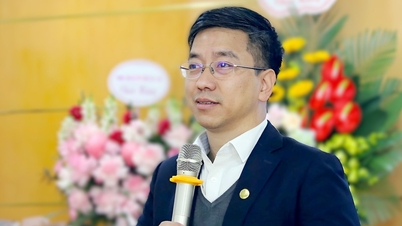



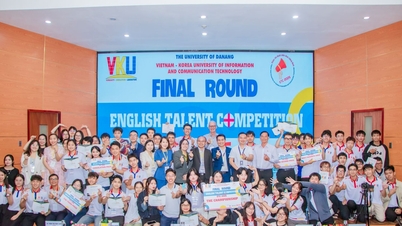

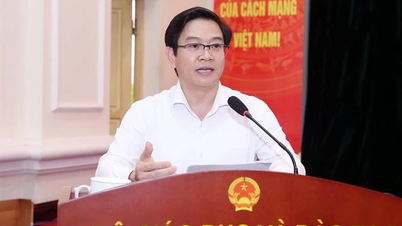






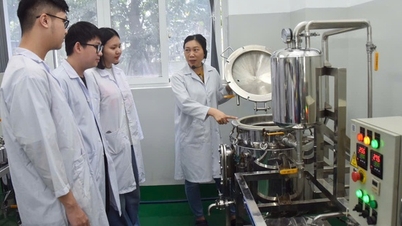










































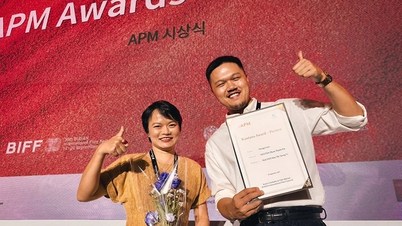




















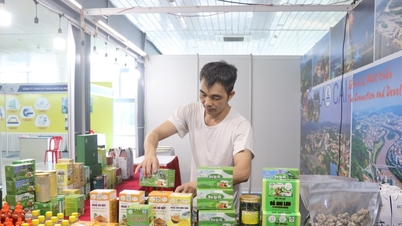














Comment (0)